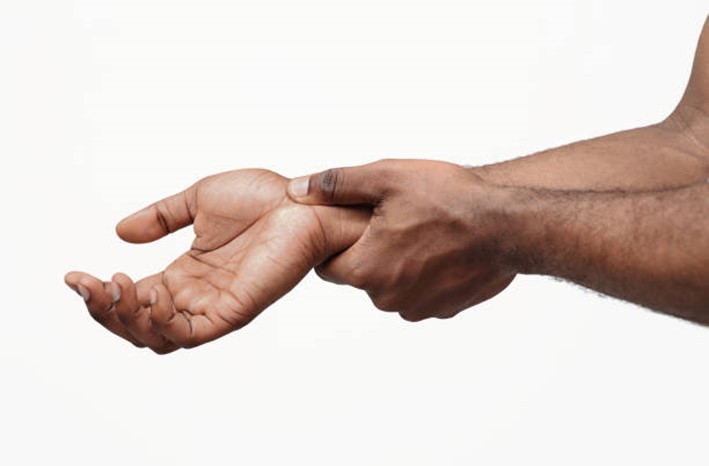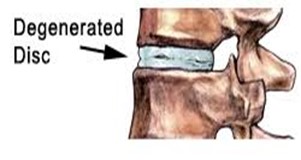
WRIST PAIN
- 2024-07-26 01:09:13

Research shows that eight out of ten people suffer back pain at some point in their lives.
It can interfere with almost all aspects of one’s life. This is especially true if you don’t
know what is causing your back pain.
While there are a lot of causes of back pain, discs diseases are actually much more
common than you might expect. Whether or not you have a history with bulging
discs, you should know a little bit about the topic.
The discs in your spine function like shock absorbers between the vertebrae. These discs are made of two components: a softer center (called nucleus pulposus) surrounded by a tough elastic-like band (called annulus fibrosus). Age-related wear and tear on a spinal disc causes degenerative disc disease if left untreated.
Different stages of degenerative disc disease
Degenerative disc disease is a term used to describe spinal disc changes that naturally occur as one ages. Spinal discs are the soft discs that separate your vertebrae and act as shock absorbers for the spine, allowing your spine to bend, flex, and twist. Spinal discs have minimal blood supply and, therefore, poor reparative ability. Here are the different stages of degenerative disc disease and how they affect your spinal discs:
Stage 1; Disc degeneration
In the beginning, the spine may lose its normal balance or curvature. During this time, the discs, nerves and your posture may suffer. You are not likely to feel any pain but might experience some minor discomfort. You could also feel lethargic or experience changes in your posture to compensate for the slight degeneration of the discs. The spinal disc may have painful tears, the back pain is generally mild or they can often go unnoticed.
Stage Two; Prolapse /disc bulge
The second stage of degenerative disc disease is characterized by a relatively unstable segment of your spine. You may find that you experience intermittent periods of back pain. The spinal disc may bulge or simply lose fluid and become less soft and flexible. The disc bulge is caused when there is pressure between the vertebrae that causes the discs to protrude outward. The back pain is usually mild, and is caused by the discs being compressed by the vertebrae and puts pressure on the nearby nerves. During stage two you may lose height in your vertebral discs due to dehydration and thinning of your vertebral discs.
Stage Three; Extrusion
During stage three, you will begin to have bony changes in your spine. Bony spurs may develop at the edge of your vertebrae, which can put painful pressure on the spinal cord and also bring disc thinning. These generally cause extensive back pain. They can also be associated with numbness or tingling in the extremities, because they put so much pressure on the nerves that are near them.
Stage Four; Sequestration
In stage four, you will have minimal disc material remaining. At this stage, your vertebrae may be almost bone on bone due to the reduced thickness of your spinal discs and the outer covering of the disc develops a hole or tear. This is when the vertebrae compress the discs so forcefully that they rupture and causes the jelly-like center of the disc (nucleus pulposus) to leak into the spinal canal. This can cause intense pain for the patient, and oftentimes a loss of mobility.
If you have been diagnosed with the early stages of degenerative disc disease, conservative therapies such as physiotherapy may alleviate some of the symptoms.
Compiled by: Naomi Wausi
Physiotherapist
Spine Health and Sports Injury Clinic